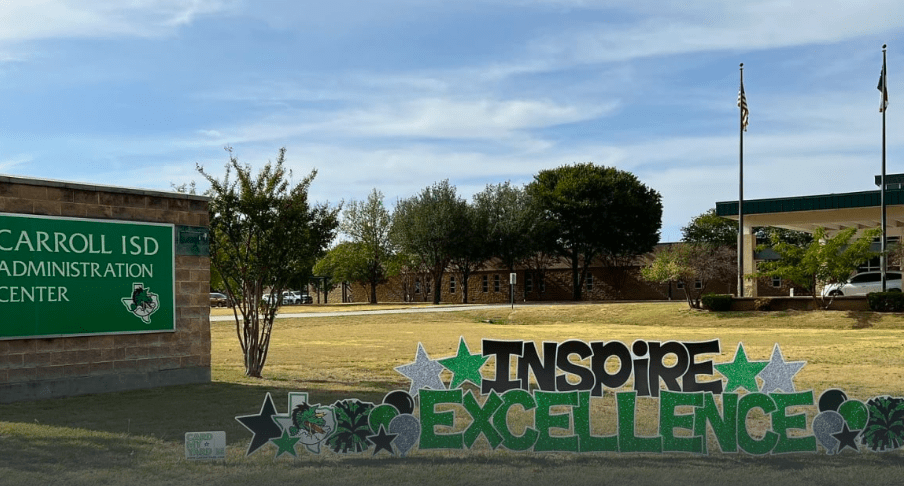Fort Worth Independent School District trustees voted to pass a resolution committing themselves to making student literacy a priority.
However, local mom Hollie Plemons told Texas Scorecard that she does not understand why the district needs a resolution when they could just be doing the job.
“Why is a school board & school administrators passing a resolution to say they support literacy? Isn’t that a given? Isn’t that the actual job of the school?” asked Plemons. “I find this literacy resolution a worthless piece of paper. We don’t need a resolution to know that the schools should be teaching the kids & that their goal is to teach them. I don’t know why the District needs this resolution, they just need to do the job that taxpayers pay them almost $1B per school year to do which is teach the kids classic academics.”
The board of trustees voted unanimously on Tuesday to pass a first reading of a resolution charging the superintendent with “making student literacy the district’s foremost priority, establishing grade-level reading for every student as the clear definition of success for the district.” It adds that the board will be committed to this issue and “work in support of this resolution without regard to changes in leadership at any level.”
The resolution outlines that the superintendent will present a detailed plan to achieve universal grade-level literacy, including specific, measurable benchmarks for progress, strategies to support and replicate success across all schools, honest evaluations of student performance, ensuring progress is measured transparently and without grade inflation, providing parents with regular reports specific to their student’s literacy progress, and mechanisms to align district resources and personnel evaluations with literacy improvement goals.
Before the resolution was read to the public, Trustee Anne Darr commented on aspects she felt were missing that should be added to the resolution for the next reading.
Darr expressed that there needs to be a section in the resolution regarding staffing and supporting staff across the district.
“There were a couple things that I felt were missing in this particular resolution, and one of them is staffing. There’s no mention of staffing and adequate staffing and just the support for staff, and that meaning special ed teachers. We’ve got to have special ed teachers on every campus serving our students, dyslexia teachers, librarians are critical to literacy, reading interventionist tutors, literacy coaches, emergent, bilingual specialists,” said Darr.
“This is by no means a comprehensive list, and I’m not asking that things be listed out here, but I think that it’s important to recognize the important role that staff plays in providing a literate community and in a literate district,” she continued.
She also noted that there was no mention of high-quality instructional materials that teachers can use confidently, as well as no mention of how the board will measure success.
“I would also challenge us to think beyond reading, because yes, reading is very important, and that certainly is a component of literacy. But in our TEKS, it specifically states over and over, almost ad nauseam, that literacy is reading, writing, listening, speaking, thinking, and that building vocabulary is critically important to becoming literate and developing that language,” she said. “And so that, to me, that language was missing in this resolution.”
The board’s First Vice President Tobi Jackson also made remarks about why literacy is so important for all children.
“We can improve outcomes in poverty, crime, employment and the overall standard of living across our city,” explained Jackson. “Literacy is the key to creating a more equitable society, driving health outcomes, the economy, and delivering informed and engaged citizenry. Our students deserve adults delivering their full commitment to ensuring each student has the tools they need to succeed each day.”
“FWISD needs to stop experimenting on kids with the ideas that the nonprofit poverty pimps come up with in order to profit off of [them],” Plemons said. “They just need to do what we all know works in educating kids…let the teachers teach, knock off the politics, bring back discipline, textbooks, paper & pencil,” she continued. “The problem here in FWISD isn’t hard to solve, it’s actually very simple if the goal is educating children.”





